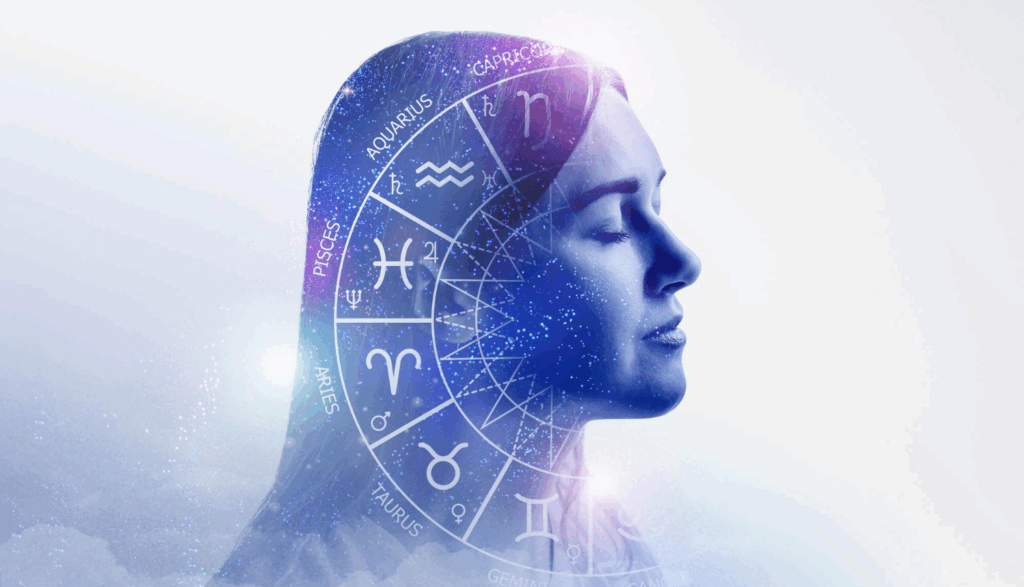Human beings have always looked to the skies in search of meaning, guidance, and understanding of their place in the universe. From early civilizations observing the movement of stars to modern scientists studying biological clocks, the concept that cosmic timing can shape our lives has endured across time. Two fields — astrology and chronobiology — explore this theme from vastly different standpoints, yet both point to the profound connection between temporal rhythms and human behavior.
Astrology is one of the oldest symbolic systems in human history. It holds that the positions of the sun, moon, and planets at the time of a person’s birth can influence their personality traits, emotional tendencies, and even life events. While often criticized for lacking empirical evidence, astrology continues to resonate with millions, offering comfort, narrative structure, and insight. People use astrological charts not just for predictions, but to better understand their inner world, relationships, and emotional patterns. The timing of planetary movements — retrogrades, eclipses, lunar cycles — is believed to reflect energetic shifts that impact decision-making, moods, and interpersonal dynamics.
On the other hand, chronobiology is a branch of science that studies the biological rhythms that govern our physical and mental functions. The most well-known of these is the circadian rhythm, a roughly 24-hour internal clock that regulates sleep-wake cycles, hormone release, body temperature, and metabolism. Disruptions to this rhythm — such as shift work, jet lag, or excessive screen time — can have measurable effects on health, mood, and cognitive performance. Chronobiology also examines ultradian and infradian rhythms, which regulate patterns like heartbeat or menstrual cycles. These rhythms highlight the profound biological need for alignment with natural cycles of light, darkness, and environmental cues.

What connects astrology and chronobiology is the shared idea that time is not neutral — it flows in patterns that can shape human experience. While astrology works with symbolic and mythological language, chronobiology relies on scientific measurement and experimentation. Yet both suggest that our behaviors, decisions, and well-being are deeply linked to larger forces — whether cosmic or biological.
In today’s fast-paced, artificial environments, many people feel disconnected from natural cycles. The popularity of astrology apps and the growing field of chronotherapy (which times medical treatments to biological rhythms) suggest a cultural desire to reconnect with time in a more meaningful, personalized way.
Related: How Astrological Houses Reflect Key Life Areas
Ultimately, whether one sees the influence of planetary alignments or circadian cycles, both astrology and chronobiology invite us to consider the rhythms that underlie our lives — and to ask how timing and the cosmos may subtly guide our behavior, emotions, and sense of self.





















